

Jovani, a welder at Freedman Seating Company and a student at Triton College, is a perfect example of how JARC can help transform careers. Since connecting with JARC in 2018, Jovany has been on a steady path of growth, turning his job in welding into a true passion and setting his sights on even bigger goals for the future.
Before JARC, Jovani worked as a welder at a manufacturing company that had clients like Tesla. It was here that he started working with advanced manufacturing robots. “When I saw a robot do the work, I thought, ‘Hey, I could do that too!’” he said, and that sparked his desire to learn more. His curiosity led him to JARC, where he discovered the training and support he needed to take his skills to the next level.
”"JARC helped me dive deeper into my passion for welding."
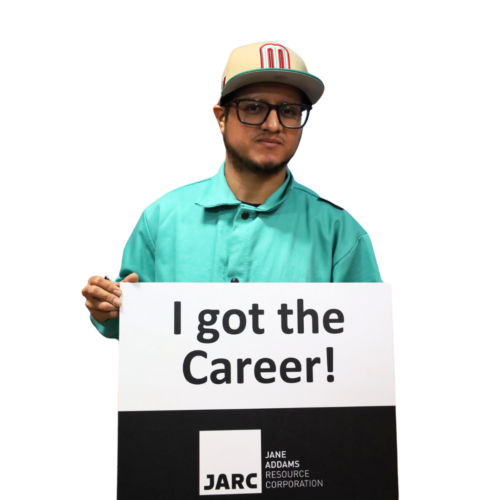
At JARC, Jovani quickly realized there was a lot more to welding than just laying down a bead. “I thought welding was simple, but there’s actually a lot of math involved,” he said. “JARC offered tutoring in math, which helped me understand the dimensions and precision I needed in my work.” Learning how to read blueprints at JARC also gave him a solid foundation that has helped him in his college courses at Triton. During his time at JARC, Jovani received 17 employment coaching sessions, along with 2 income support sessions and 2 financial coaching sessions. He also participated in 20 workshops focused on job readiness, interview skills, digital literacy, and financial literacy.
The impact on Jovani’s career has been huge.
When he first started, he was earning $17 an hour; today, he makes $21.40 an hour and is learning how to program robotic welders. His time at JARC taught him valuable lessons about work ethics, too. “I give 110% every day on the job,” he shared, crediting JARC’s emphasis on punctuality and commitment for helping him develop a strong work ethic.
Jovani’s story doesn’t end there. Thanks to JARC’s support, he’s now dreaming bigger than ever—he plans to start his own welding business.
“JARC helped me dive deeper into my passion for welding,” he said. He’s even taking entrepreneurship classes with the City of Chicago to prepare for his future as a business owner.
Looking back on his journey, Jovany says, “Welding is like my signature—I want to feel proud of my work.” With the skills he’s gaining through JARC’s hands-on Saturday classes, Jovani is staying connected to his craft while preparing for a bright future in welding and business. His story is a great example of how JARC can help individuals unlock their full potential and achieve their dreams.
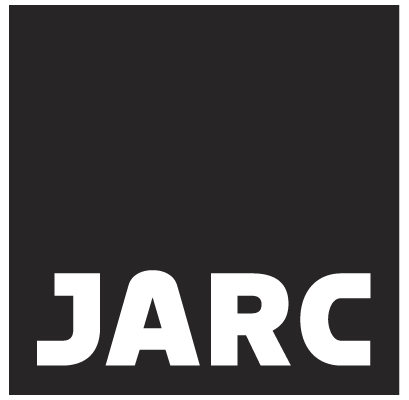



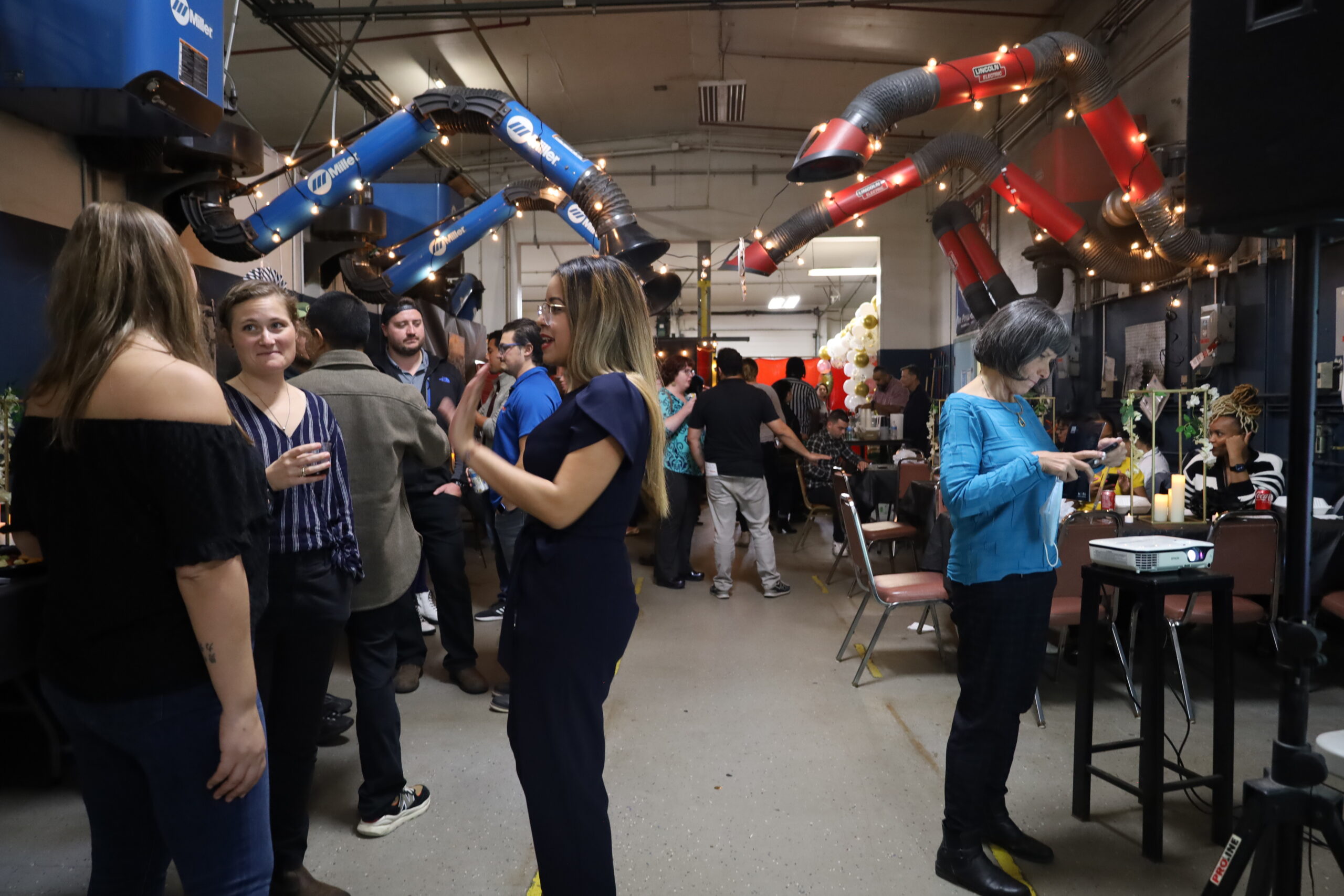
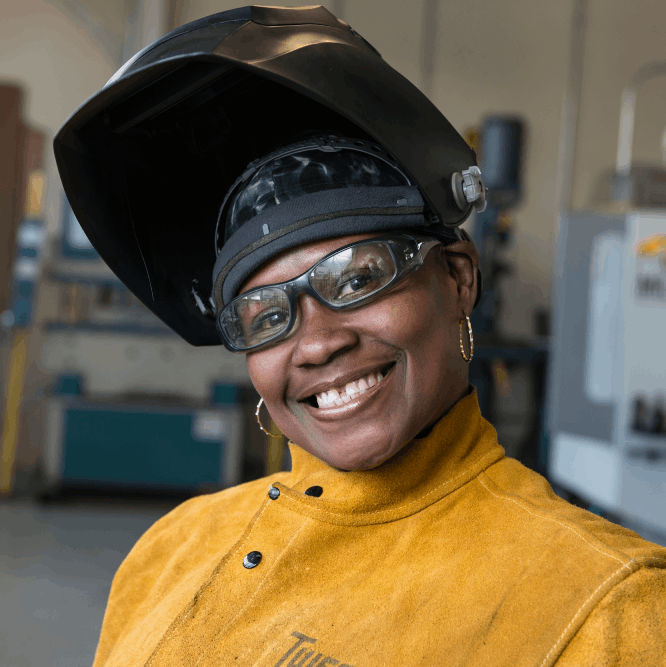
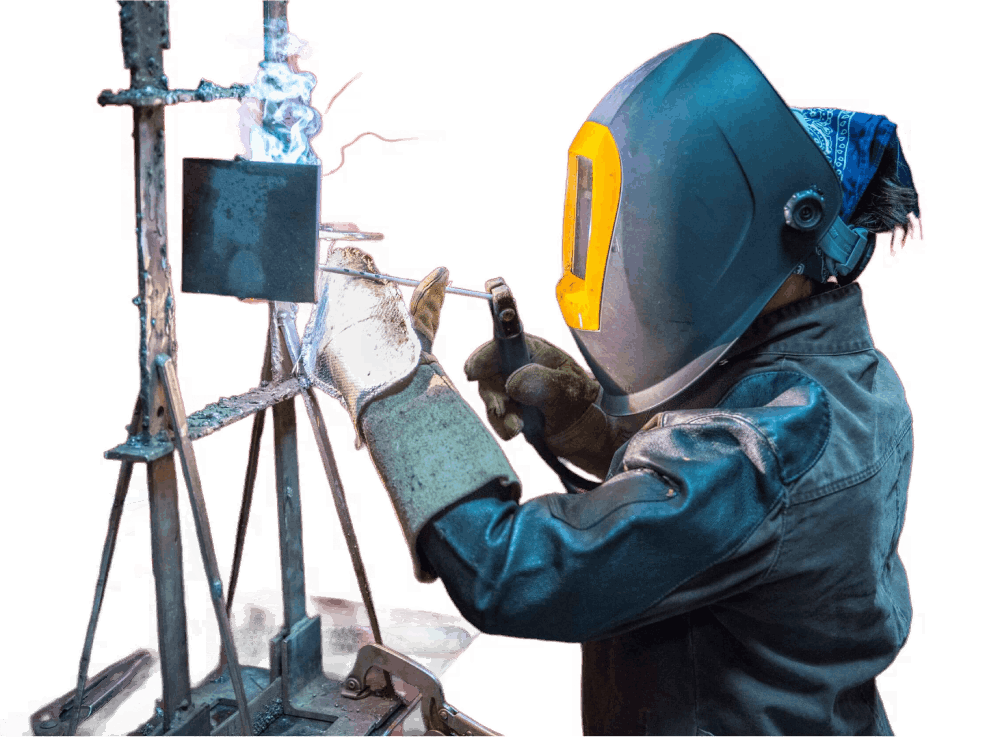
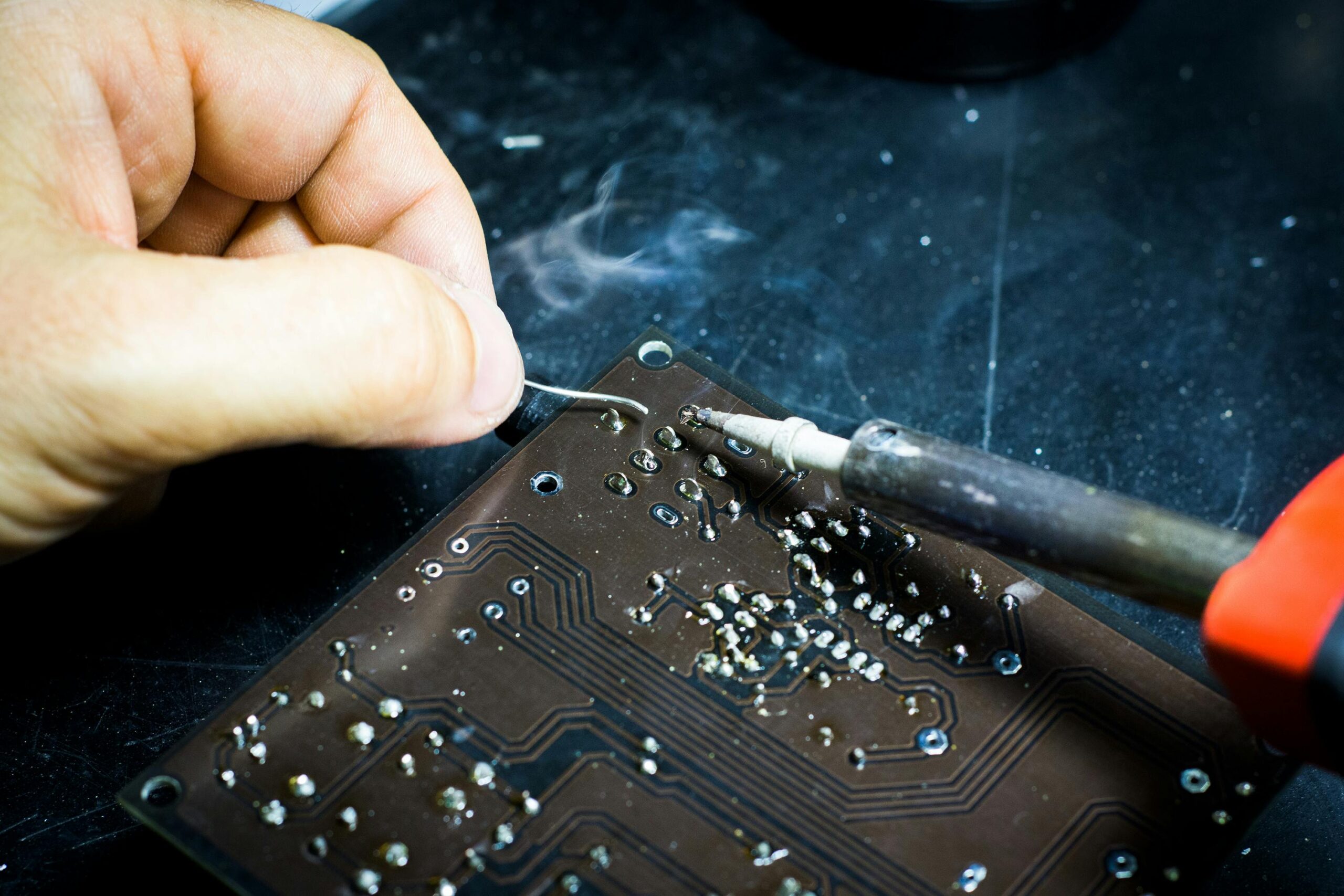

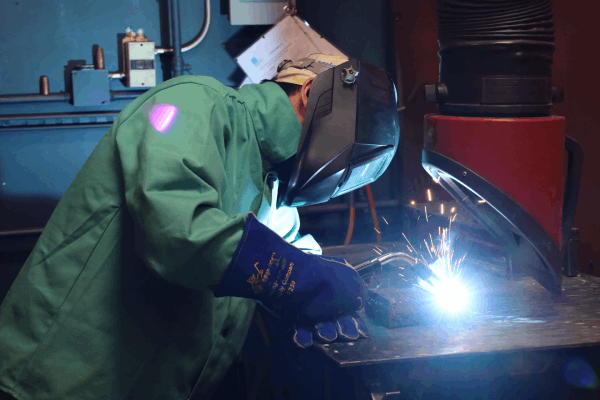
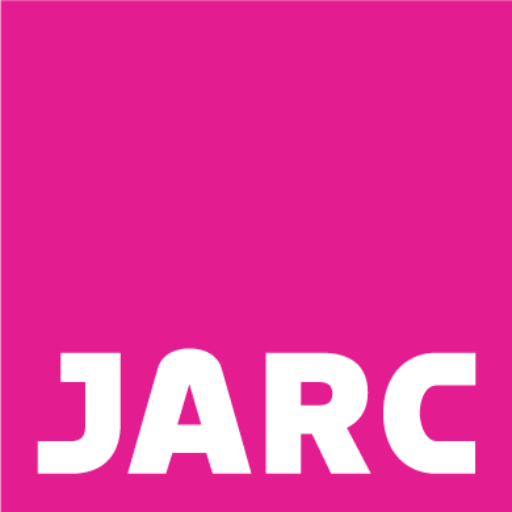
Recent Comments